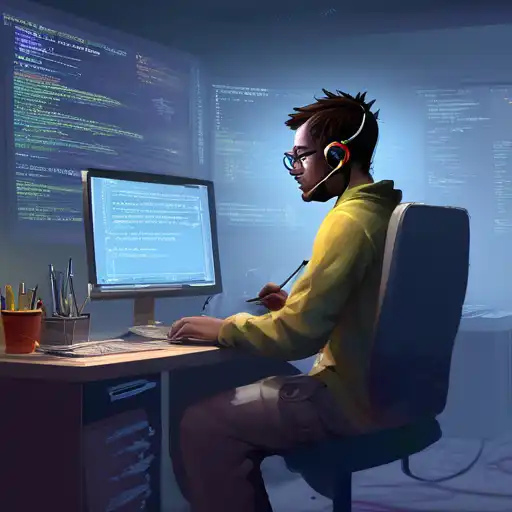Introduction to Debugging
Debugging is an essential skill for every programmer, especially for those just starting out. It involves identifying and resolving errors or bugs in your code that prevent it from running correctly. This article provides practical debugging tips to help new programmers navigate through common coding mistakes efficiently.
Understand the Error Messages
One of the first steps in debugging is to read and understand the error messages your compiler or interpreter provides. These messages often contain valuable information about what went wrong and where in your code the issue is located. Taking the time to comprehend these messages can save you hours of unnecessary frustration.
Use a Debugger Tool
Most integrated development environments (IDEs) come with built-in debugger tools. These tools allow you to step through your code line by line, inspect variables, and evaluate expressions at runtime. Learning how to use these tools can significantly improve your debugging efficiency.
Break Down Your Code
When faced with a bug, try breaking down your code into smaller, more manageable segments. This approach, often referred to as 'divide and conquer,' can help isolate the section of code causing the issue. Testing each segment individually can make it easier to identify the root cause of the problem.
Check for Common Mistakes
New programmers often make similar mistakes, such as syntax errors, off-by-one errors in loops, or incorrect variable assignments. Familiarizing yourself with these common pitfalls can help you quickly identify and fix bugs in your code.
Seek Help from the Community
Don't hesitate to seek help from online programming communities or forums. Platforms like Stack Overflow are invaluable resources where you can find answers to common programming questions or ask for help with specific debugging challenges.
Practice Makes Perfect
Like any other skill, debugging improves with practice. The more you code and encounter bugs, the better you'll become at identifying and fixing them. Embrace each debugging session as a learning opportunity to enhance your coding skills.
Conclusion
Debugging is a critical skill that all programmers must develop. By understanding error messages, utilizing debugger tools, breaking down code, checking for common mistakes, seeking community help, and practicing regularly, new programmers can become more proficient at debugging. Remember, every bug you fix makes you a better programmer.
For more programming tips, check out our programming resources section.
